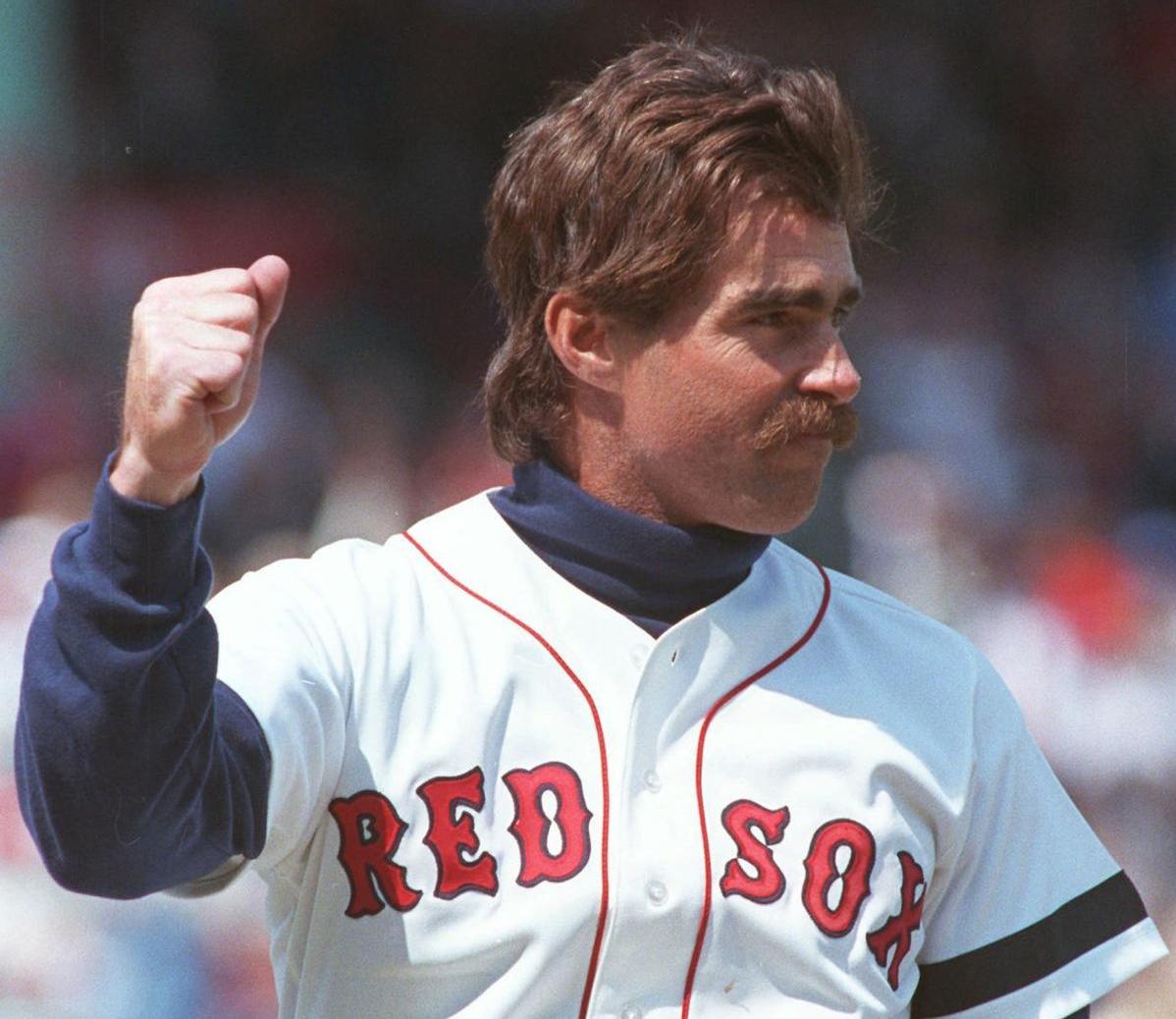Bill Buckner, who spent 22 years in the major leagues but is now best remembered for his iconic error in the 1986 World Series, died Monday at the age of 69.

Buckner had been battling the progressive brain disorder known as Lewy body dementia, the second most common form of dementia after Alzheimer’s disease.
Buckner Remembered for ‘Courage and Grit’
Buckner’s family released a statement announcing his passing.
“After battling the disease of Lewy Body Dementia, Bill Buckner passed away early the morning of May 27th surrounded by his family,†the statement read. “Bill fought with courage and grit as he did all things in life. Our hearts are broken but we are at peace knowing he is in the arms of his Lord and Savior Jesus Christ.â€
Buckner was one of the most consistent hitters of the 1970s and 1980s. A career .289 hitter, Buckner compiled 2,707 hits during those two decades, second only to Pete Rose, who had 2,929 knocks during that period.
Early in his career, Buckner primarily played in the outfield, particularly when he was with his first team, the Los Angeles Dodgers. But as he aged, he transitioned primarily into a first baseman first with the Chicago Cubs, then with the Boston Red Sox.
An Error That Shouldn’t Define a Career
It was a moment with Boston that would come to define Buckner’s career. In the 1986 World Series, the Red Sox appeared to be on the verge of winning their first championship since 1918. Up 3-2 in the series against the New York Mets, Boston scored twice in the top of the 10th of Game 6 to take a 5-3 lead.
But the Red Sox would give back those two runs. Mookie Wilson then hit a bouncing ball up the first-base line that went through Buckner’s legs, allowing Ray Knight to score the winning run from second base. The Mets would go on to win Game 7 and the series.
The exact circumstances of that error have often been misstated. The Red Sox would not have won the series had Buckner made the play, as Boston had already blown the lead they built in the top of the inning before the miscue. But the error nonetheless became the moment most associated with the series and with Buckner, something that even his rivals felt was unfair.
“We had developed a friendship that lasted well over 30 years,†Wilson said in a statement released Monday. “Bill was a great, great baseball player whose legacy should not be defined by one play.â€
The Red Sox organization also chimed in to say that Buckner would be remembered for the qualities that truly defined his career – not one play in one game.
“Bill Buckner personified toughness and grit, and his determination to play through pain defines him far more than any single play ever could,†said Red Sox chairman Tom Werner.
Despite his strong association with the Red Sox, the prime of Buckner’s career actually came while playing with the Cubs. He led the league with a .324 average in 1980 with Chicago, then made his only All-Star Game the next year in 1981.
“We are deeply saddened by the passing of Bill Buckner, a great ballplayer and beloved member of the Cubs family,†Cubs executive chairman Tom Ricketts said in a statement.
Buckner is survived by his wife, Jodi, and his three children, Brittany, Christen, and Bobby.











